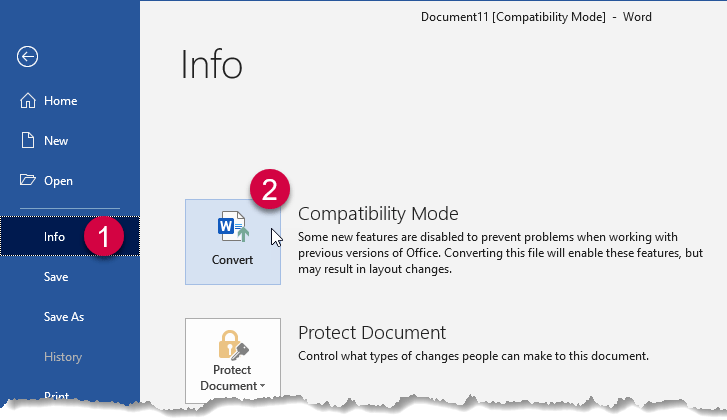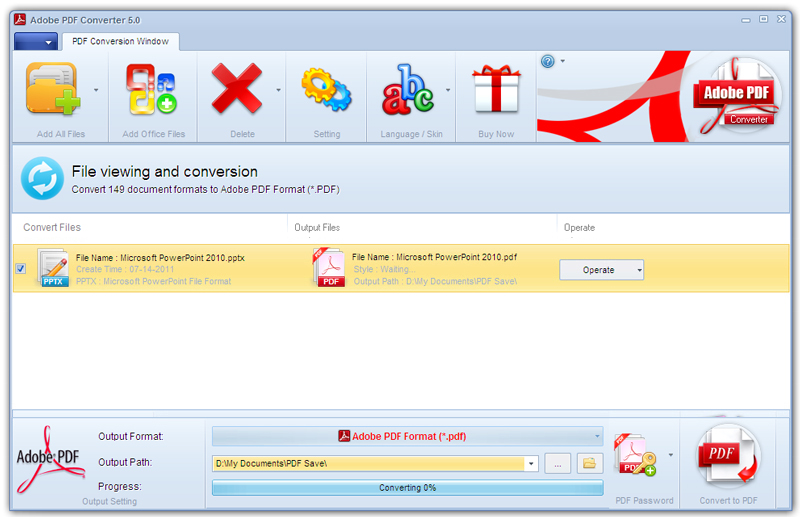
This means you'd have to use late-binding (GetType().InvokeMember) in order to use these methods across multiple versions of Word. Is added and the method signature changes. The Word object model supports options parameters, rather than over-loading, which means when functionality is added, a parameter NET 4.0, one problem you will have is that the method signatures for various methods do change. Again, all newer versions of Word should work with these IAs as long as they don't use anything not supported in that versions object model. You'd need to distribute these with your solution. This will generate a set of solution-specific IAs.
#MICROSOFT WORD 2003 CONVERTER TO 2010 INSTALL#
NET 4.0, then what you'd need to do is install Office 2000 and manually create references to its type libraries.
#MICROSOFT WORD 2003 CONVERTER TO 2010 UPGRADE#
If you can't upgrade to Visual Studio 2010 and have no other tool that will let you program against. This makes it independent of the PIAs - the PIAs need not be installed. Only those parts) in your solutions distributable. NET 4.0.NET 4.0 supports embedding the parts of the object model you use (any You can create an "interop" that can communicate with Word 2000 and upwards (assuming you don't use anything that one of those versions does not support) "Interop" requires the application with which it is interacting - that is the only "runtime" version. You cannot make an "interop" that will create documents if the user does not have Office installed. Deactivate that, and the documents should open without the prompt.

In the section General you'll find a checkbox for "Confirm file format conversion on open". If the document does open after you confirm the conversion message, go to File/Options/Advanced.

If you, as an end-user, choose to have the document convert, will it open correctly? I'm asking this to ensure that we're dealing with a Word setting that shows this message, rather than a damaged (corrupt) document.


 0 kommentar(er)
0 kommentar(er)
